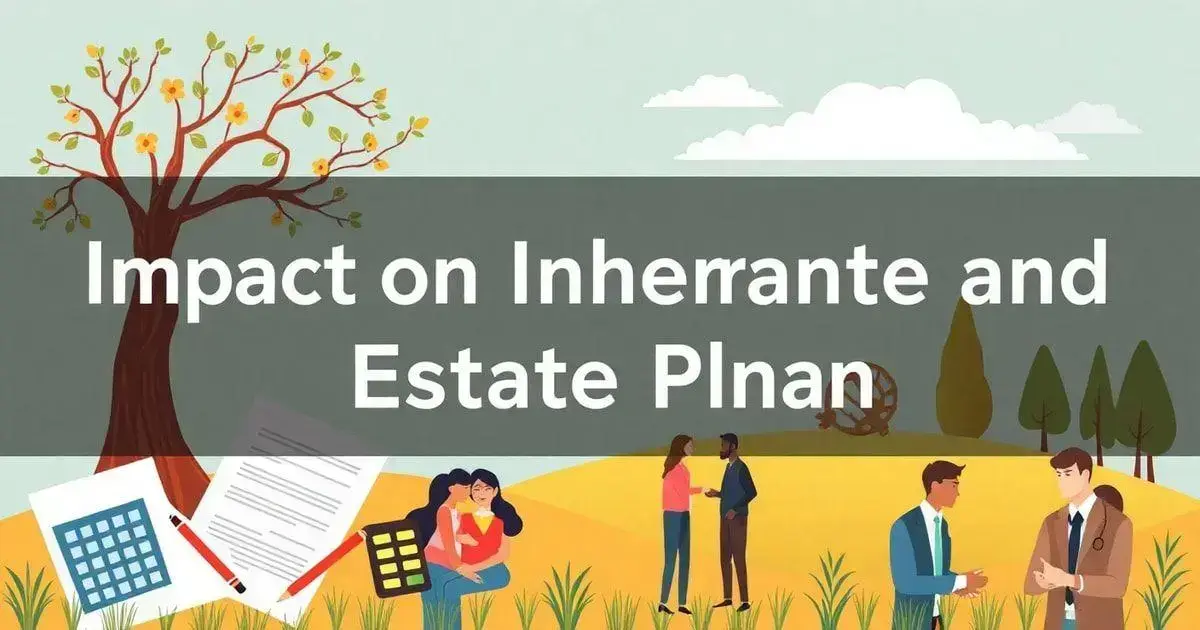Understanding Reverse Mortgages
This loan type is unique because it does not require monthly repayments; instead, the loan is repaid when the homeowner moves out, sells the home, or passes away. However, it’s important to grasp the specific terms and conditions associated with these mortgages.
Various factors affect how much you can borrow, including your age, the home’s value, and interest rates. In Monterey, many residents find these loans beneficial, providing extra cash flow during retirement without the burden of traditional mortgage payments.
Before proceeding, individuals should consult financial advisors to explore all options available. It’s crucial to understand that while reverse mortgages can offer financial relief, they can also impact your heirs’ inheritance. Evaluating both the pros and cons is vital for making an informed decision.
Eligibility Criteria for Monterey Residents
Reverse mortgages in Monterey have straightforward yet important eligibility criteria for residents looking to qualify. Homeowners must be at least 62 years old, live in the home as their primary residence, and have sufficient equity in the property.
Additionally, it is necessary to attend a counseling session with a HUD-approved counselor before applying. This session helps ensure homeowners are informed about the obligations and responsibilities associated with the reverse mortgage.
Moreover, the home should be in good condition and meet safety standards. Financial assessments also play a crucial role; applicants must show they can afford ongoing costs like property taxes, homeowners insurance, and maintenance.
By understanding these criteria, Monterey residents can make informed choices about utilizing reverse mortgages to enhance their financial well-being.
Benefits of Reverse Mortgages
This financial flexibility can be vital in retirement, helping to cover daily living expenses, medical bills, or in-home care.
Additionally, reverse mortgages provide an opportunity to eliminate existing mortgage payments. Homeowners can often receive a significant sum based on their home value, which means they can enjoy a better quality of life.
Another key benefit is no matter how long the homeowner lives in the home, they are not required to pay back the loan until they sell it or move out. This offers peace of mind, as they can focus on enjoying their retirement without financial strain.
Lastly, reverse mortgages can offer financial security especially during unexpected financial emergencies, making them a valuable option for many retirees.
Common Misconceptions Explained
Common misconceptions explained regarding reverse mortgages in Monterey can lead to unnecessary fears and confusion. A prevalent myth is that the bank owns your home once you take out a reverse mortgage.
In reality, homeowners retain ownership, and they can live in their homes as long as they comply with the loan requirements. Additionally, many believe they will be left with nothing for their heirs, but reverse mortgages only need to be repaid when the homeowner moves out or passes away.
If the home sells for more than the loan amount, the remaining equity goes to the heirs. Another misconception is that qualifying for a reverse mortgage is difficult, but many find the process straightforward if they meet the necessary criteria.
It’s also commonly thought that reverse mortgages are just another way for banks to profit from elderly homeowners, but they can actually provide substantial financial benefits when used wisely. Understanding these myths helps prospective borrowers make informed decisions.
How to Apply for a Reverse Mortgage
1. Assess eligibility: At least 62 years old, own home, and live in it as primary residence.
2. Find a reputable lender: Research different lenders to compare rates and fees.
3. Complete loan application: Provide financial information and home details.
4. Financial assessment: Lender checks your capability to afford ongoing costs like property taxes and insurance.
5. Attend counseling session: Meet with a HUD-approved counselor to understand responsibilities and terms of the loan.
6. Review closing disclosure: If approved, check this document before finalizing the loan.
Impact on Inheritance and Estate Planning

Impact on inheritance and estate planning is a crucial aspect to consider when taking out a reverse mortgage in Monterey. Homeowners should understand that a reverse mortgage can affect the inheritance left for their heirs.
When a homeowner passes away, the loan must be repaid, typically through the sale of the property. However, if the home sells for more than the remaining loan balance, the excess funds go to the heirs. This means careful financial planning is necessary to ensure loved ones receive what they expect.
Another important factor is that heirs can also choose to keep the home, provided they pay off the reverse mortgage. This option allows them to inherit the property if they wish, but they need enough resources to handle the loan balance.
Ultimately, discussing these impacts with family members and financial advisors ensures everyone understands the implications of reverse mortgages on estate planning.
Reverse Mortgages in Monterey: Conclusion
Reverse mortgages in Monterey can be an excellent financial tool for seniors seeking to enhance their retirement income. They provide various benefits, such as converting home equity into cash without monthly payments, which can improve overall financial stability.
However, it is essential to understand the eligibility requirements, potential impacts on inheritance, and how they fit into personal financial plans. By staying informed and seeking advice from reliable resources, homeowners can navigate this option confidently and make decisions that align with their financial goals.
Remember to engage with local experts and organizations that can provide guidance tailored to your unique situation, ensuring a positive experience with reverse mortgages.
